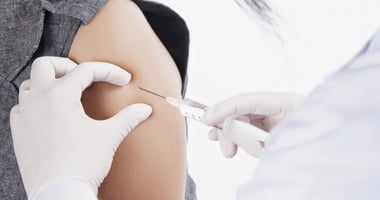A study in the Journal of the American Medical Association (JAMA) reports on the first research to...
Younger Students More Likely to Get ADHD Drugs, Have Poorer Test Scores
 |
Researchers at Mount Sinai School of Medicine, Harvard School of Public Health, and the University of Iceland studied all children in Iceland who took standardized tests at ages 9 and 12 (n=11,785). The country's national registry of prescribed drugs was used to determine which students were prescribed medications to treat ADHD. The researchers found that mean test scores in math and language arts were lowest among the youngest children in fourth grade, though the differences moderated by seventh grade. In addition, they found that children in the youngest third of their class were 50% more likely than those in the oldest third to have been presceribed stimulants between ages 7 and 14. The researchers concluded that "relative age among classmates affects children's academic performance into puberty, as well as their risk of being prescribed stimulants for ADHD." They urged that this finding and the effects of maturity level be considered "when evaluating children's performance and behavior in school to prevent unnecessary stimulant treatment."
To read more on stimulant medications to treat ADHD, see Psychiatric News. More a review of medications to treat this and other psychiatric disorders of children and adolescents, see the Clinical Manual of Child and Adolescent Psychopharmacology from American Psychiatric Publishing.
(image: Suzanne Tucker/Shutterstock.com)





